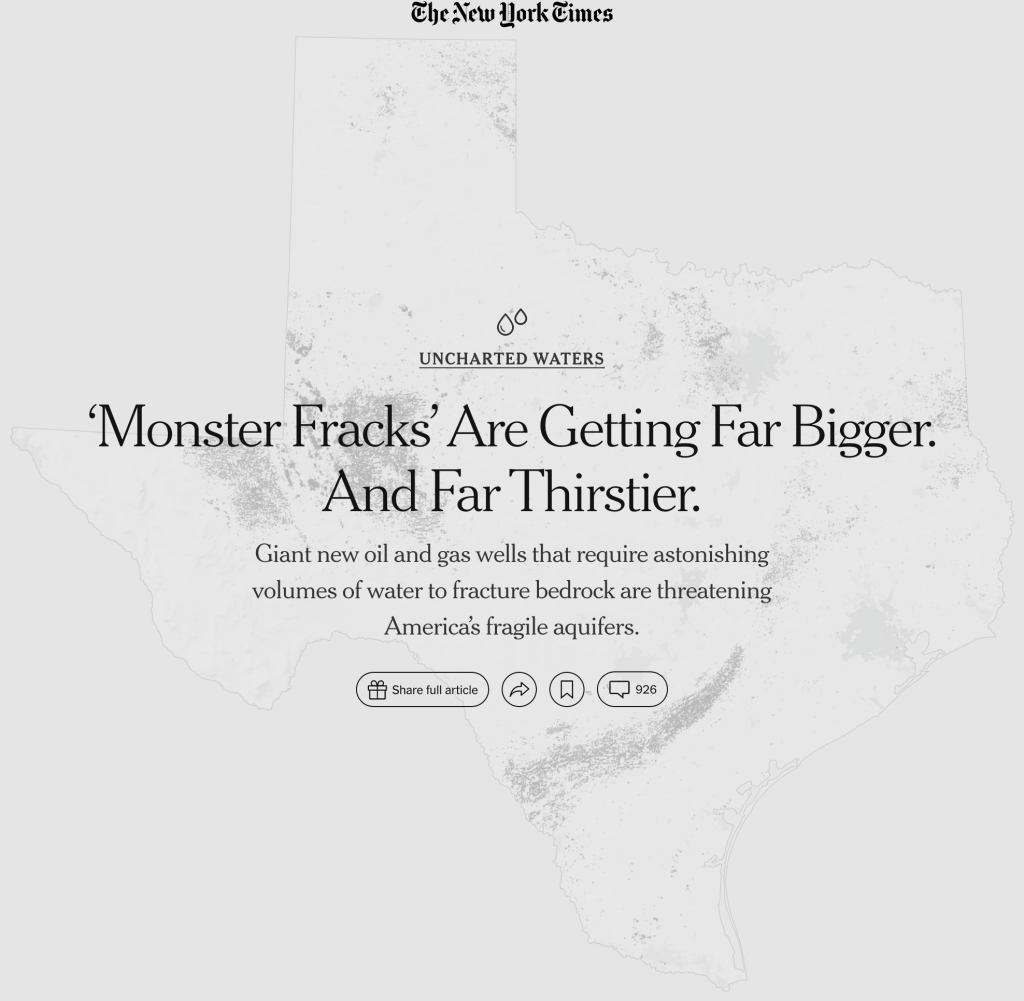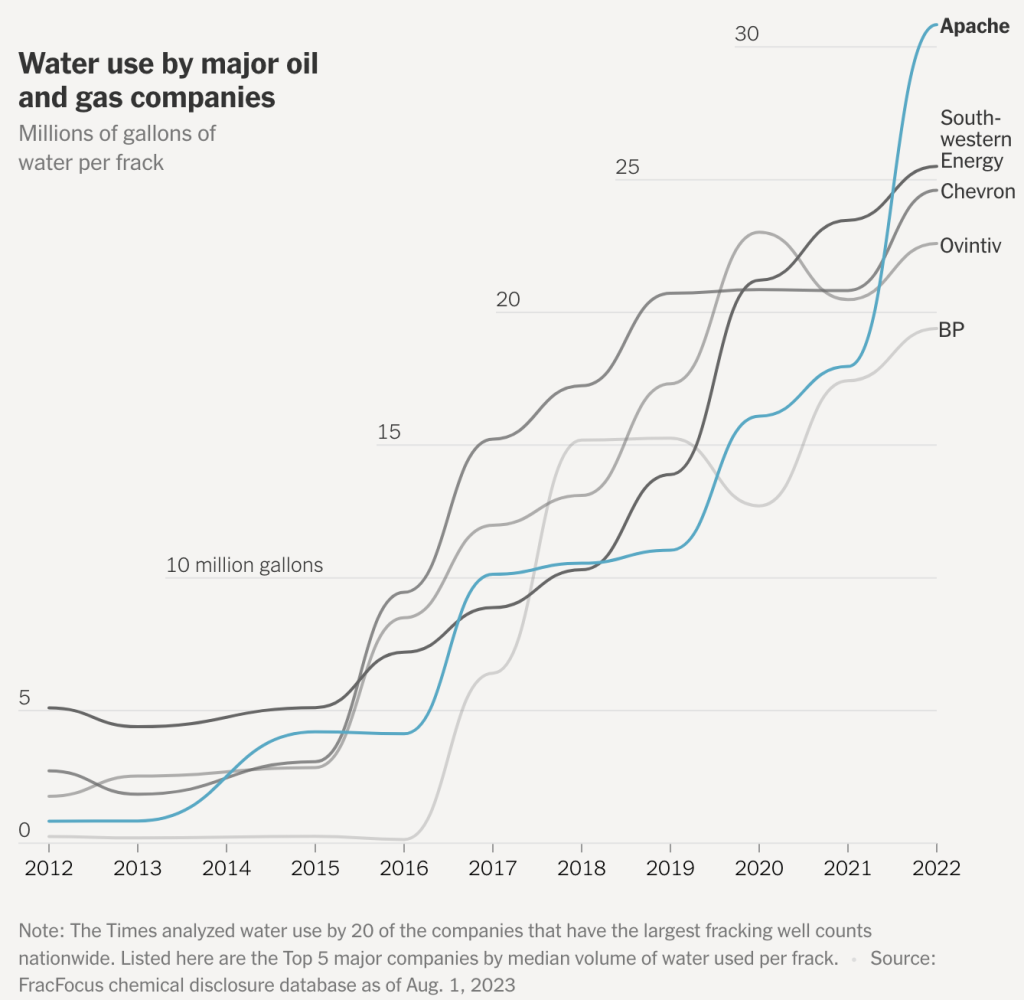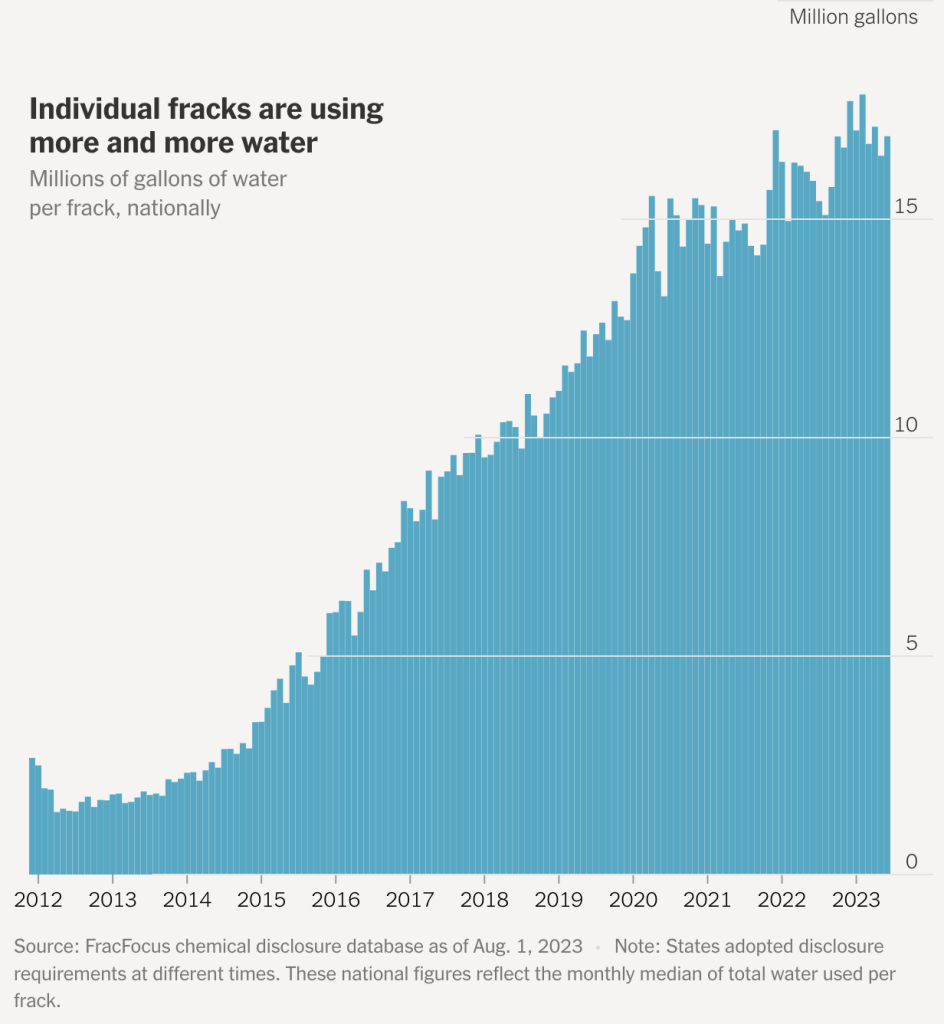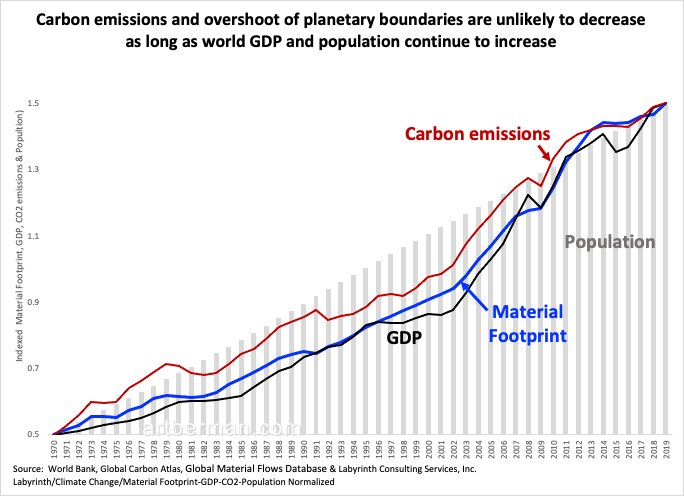
I wholeheartedly agree and have been saying so my entire life. And that humans must stop all food and water waste and reduce water use and stop polluting it with toxic chemicals.
Intentionally contaminating potable water and injecting it to frac (including for SAGD) and for enhanced oil recovery must be stopped.
Climate change is a Narrow View of the Human Predicament January 15, 2024, Art Berman
A transition away from fossil fuels seems like a sensible approach to climate change but what are the correct ingredients? Wind, solar, hydrogen, electric vehicles, carbon capture, nuclear, geothermal, heat pumps, hydropower?
It’s like a doctor treating a patient without examining the source of his symptoms.
“If many remedies are prescribed for an illness, you may be certain that the illness has no cure.”—Anton Chekhov, The Cherry Orchard (1904)
Climate change is a serious threat to civilization, but it is a symptom of the larger problem of overshoot. Overshoot means that humans are using natural resources and polluting at rates beyond the planet’s capacity to recover.
The main cause of overshoot is the extraordinary growth of the human enterprise made possible by fossil energy. As that enterprise grew, more and more energy was needed to support its complexity and continued growth. The carbon emissions that underlie climate change are merely a byproduct of using all of that energy.
Humanity has been having quite a party with fossil fuels for the last century of so. Now it’s time to survey the mess we’ve made. Everyone wants solutions but first we must understand the present state of things and how we got here. Without a map of the territory, we are lost. Choosing a destination without a route will probably get us more lost. Yet, that is society’s current approach.
Ecology and economics come from the same Greek word oikos which means home or household. Ecology means what we know and say about our home. Economics means how we measure and manage our household. It seems strange to me that economics largely excludes ecology and the natural world that we consider to be our home.
Those who are serious about climate change say that they are worried about the planet but what they really mean is that they’re worried about themselves and possibly future generations of humans. There’s nothing wrong with that but it is also a narrow view.
That is the problem with our approach to the human predicament. The bias is reflected in how I phrased that last sentence. I said, the human predicament when it’s really the planetary predicament for all of earth’s inhabitants, the ecosystem, our home.
What’s on the menu of proposed solutions to climate change makes me want to try another restaurant. Replacing fossil fuels with wind and solar, green new deals, net zero roadmaps, and carbon taxes and credits are lovely fantasies that ignore the fundamental problem: we humans need to decrease our consumption of energy.
The idea of clean energy is absurd. All energy is clean before it’s turned into work. Converting energy into work produces waste. When I work, I produce CO2 and sweat. When society works, it produces CO2, heat and all sorts of other byproducts. It’s unavoidable. Of course, some technologies are not as dirty as others but once we start down that path, we’re already into second- or third-order solutions to a first-order problem.
Energy is the economy and almost everything else. Energy use is the main cause of climate change and overshoot. We need to reduce our consumption of energy. We need triage to stop the bleeding. Once that’s done, we can relax a little and assess what to do next. All other approaches and solutions are delusional.
It’s highly improbable that society will stop the bleeding because consuming less energy will mean little or no economic growth and a big reduction in population. Those are unacceptable outcomes for most governments and people. Since we are unlikely to take the measures to stop the bleeding, we’ll have to deal with the resulting trauma.
That means that there needs to be a Plan B. How do we prepare ourselves and our communities—including the natural communities we are a part of–for that world?
People hate that. They want an answer, a solution, a set of policies. OK, here it is. Radically reduce the consumption of all energy–fossil energy, renewable energy, nuclear energy–all energy.
People hate that too because they know it will mean that they have to change their behavior and learn to survive at a much lower standard of living. Surely, there will be some technology that will fix everything and allow us to continue the carbon party–just without the carbon.
Go ahead and hope.
Plan B is not for everyone. Most people are not willing to deal with the harsh reality toward which we are probably heading.
This is, nevertheless, where we need to start. Solutions may come later.
George Hart on January 15, 2024;
Bravely said! Thank you for writing this. We need to think clearly, and you are leading the way. Reducing energy use is the immediate priority, a necessary and inevitable step.
Marc Helsinger on January 15, 2024:
Art. Hit the nail on the head I’ve been saying this for years. But no one listens![]() Ah, the human predicament!
Ah, the human predicament!![]()

Refer also to:
A proportion (25% to 100%) of the water used in hydraulic fracturing is not recovered, and consequently this water is lost permanently to re-use, which differs from some other water uses in which water can be recovered and processed for re-use.
2024: Frac’d to hell Alberta dries up. Fast.

It’s the same frac rape of Canada’s fragile aquifers and surface waters.


A proportion (25% to 100%) of the water used in hydraulic fracturing is not recovered, and consequently this water is lost permanently to re-use, which differs from some other water uses in which water can be recovered and processed for re-use.

A proportion (25% to 100%) of the water used in hydraulic fracturing is not recovered, and consequently this water is lost permanently to re-use, which differs from some other water uses in which water can be recovered and processed for re-use.
